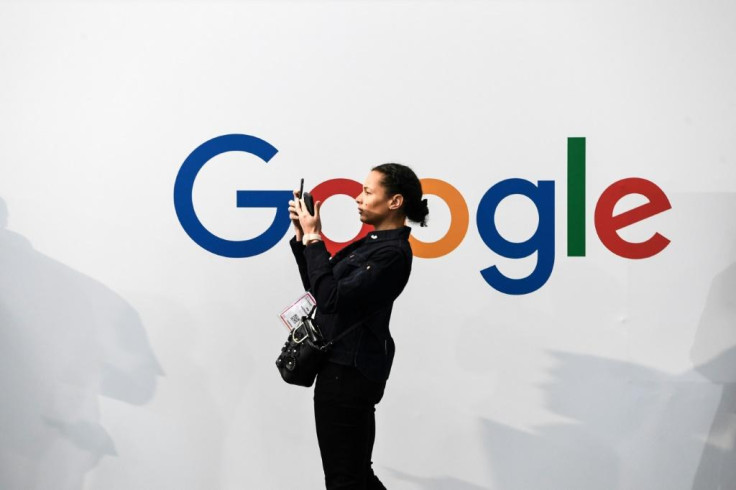Google hit with $5bn class-action lawsuit for deceptive tracking practices
More than 70 percent of online publishers rely on Google's services and are not required by the company to disclose its practices behind the scenes.
In 2019, Google was fined $170 million by the FTC for allegedly violating the Children's Online Privacy Protection Act (COPPA). This came about after regulators accused the internet search company of collecting personal information from kids who used YouTube. This allowed its developers to curate the ads that specifically appeal to their age group. Now, a new class-action lawsuit once again highlights violations against the privacy of internet users. It seems that even in private browsing mode, data is still being collected by the system.
According to ZDNet, the documents were filed with the District Court of Northern California. It goes on to explain that the company uses Google Ad Manager, Google Analytics, website plug-ins, its mobile apps, and pages that allow users to sign in with their Google accounts to track various types of information. This supposedly happens the moment someone visits a webpage or launches Google Mobile Services.
Among the personal information shared are one's IP address, viewing history, the device being used, and many more, which are all purportedly collected and stored by its servers in California. More than 70 percent of online publishers rely on Google's services and are not required by the company to disclose its practices behind the scenes. Hence, the class-action lawsuit calls it a violation of privacy since no consent has been given.
A section of the documents filed reads: "Google takes the data regardless of whether the user actually clicks on a Google-supported advertisement -- or even knows of its existence. This means that billions of times a day, Google causes computers around the world to report the real-time internet communications of hundreds of millions of people to Google."

Anyone who owns a device that runs on Android or who have accessed websites supported by Google Analytics or Google Ad Manager in the past, are eligible and encouraged to join the class-action lawsuit. In a related news report, the attorney-general of Arizona lodged a complaint against the company due to its location data tracking methods. It looks like even after Android users have manually disabled location services, data such as weather, map, and search history were still being sent to Google's systems.
© Copyright IBTimes 2024. All rights reserved.





